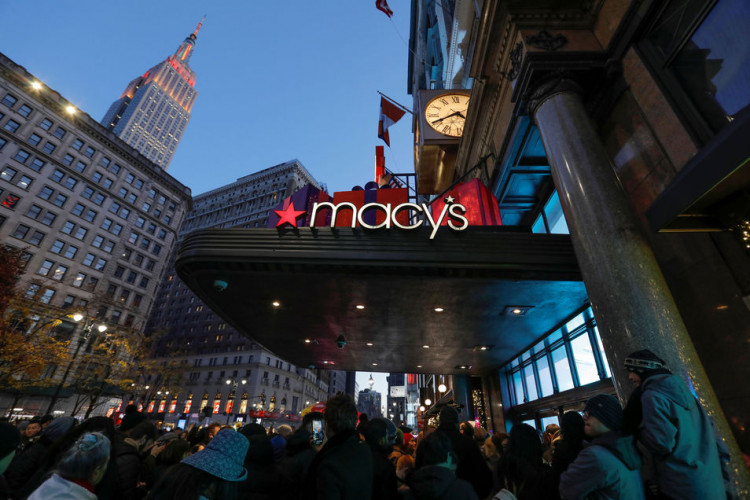Macy's announced on Monday that it has terminated negotiations with Arkhouse Management and Brigade Capital Management regarding a potential buyout, citing significant concerns about the financing and value proposition of the offer. The decision marks the end of months of discussions aimed at taking the storied retailer private for approximately $6.9 billion.
Paul Varga, Macy's lead independent director, stated in a press release, "We have concluded that Arkhouse and Brigade's proposal lacks certainty of financing and does not deliver compelling value." The negotiations had been ongoing since last year, with Arkhouse and Brigade increasing their offer to $24.80 per share earlier this month. Despite the increased offer, Macy's board remained unconvinced.
Macy's went to considerable lengths during the due diligence period, providing Arkhouse and Brigade with detailed store-by-store profit and loss information, as well as leases for each location. The company even permitted the bidders to share this confidential information with more than a dozen potential financing sources. Despite these efforts, the proposal from Arkhouse and Brigade failed to meet Macy's expectations.
Arkhouse had initially faced resistance from Macy's, leading to a settlement in April where two independent directors were added to the board. The activist group had previously indicated an intention to mount a proxy fight for control of Macy's. However, with negotiations now officially terminated, Arkhouse did not immediately respond to requests for comment.
The termination of talks comes at a challenging time for Macy's, which is in the midst of a turnaround effort under CEO Tony Spring. The retailer has announced plans to close about 150 of its namesake stores and open new locations of its stronger-performing brands, Bloomingdale's and Bluemercury. Additionally, Macy's is opening smaller locations in suburban strip malls to attract more foot traffic.
Macy's efforts to revitalize its brand and boost sales have been hindered by high inflation, which has made consumers more selective in their discretionary spending. The retailer is also battling to stay relevant as younger shoppers increasingly prefer online retailers like Shein, big-box stores such as Target, and off-price chains like T.J. Maxx over traditional department stores.
For the fiscal year, Macy's expects net sales to range between $22.3 billion and $22.9 billion, down from $23.09 billion in 2023. Comparable sales, which exclude the effects of store openings and closures, are expected to decline by about 1% to a potential gain of 1.5% on an owned-plus-licensed basis, including third-party marketplace sales.
Despite these challenges, CEO Tony Spring remains optimistic about Macy's future. On an earnings call in late May, he said the company is in the "early innings" of revitalizing its stores. He pointed to improved sales results at the first 50 stores where Macy's had invested in increased staffing, sharper merchandise displays, and special events.
The market responded negatively to the news of the terminated talks, with Macy's shares dropping roughly 14% in early trading on Monday. Prior to this drop, Macy's shares had fallen about 5% in 2024, lagging behind the S&P 500's roughly 18% gain over the same period.
Arkhouse, a real estate investment firm led by Gavriel Kahane and Jonathon Blackwell, and Brigade Capital Management, which focuses on retail companies, had aimed to unlock value in Macy's real estate holdings and overhaul the company's operations. Similar activist efforts have targeted other department stores, such as Macellum's push for Kohl's to sell itself in 2022.





